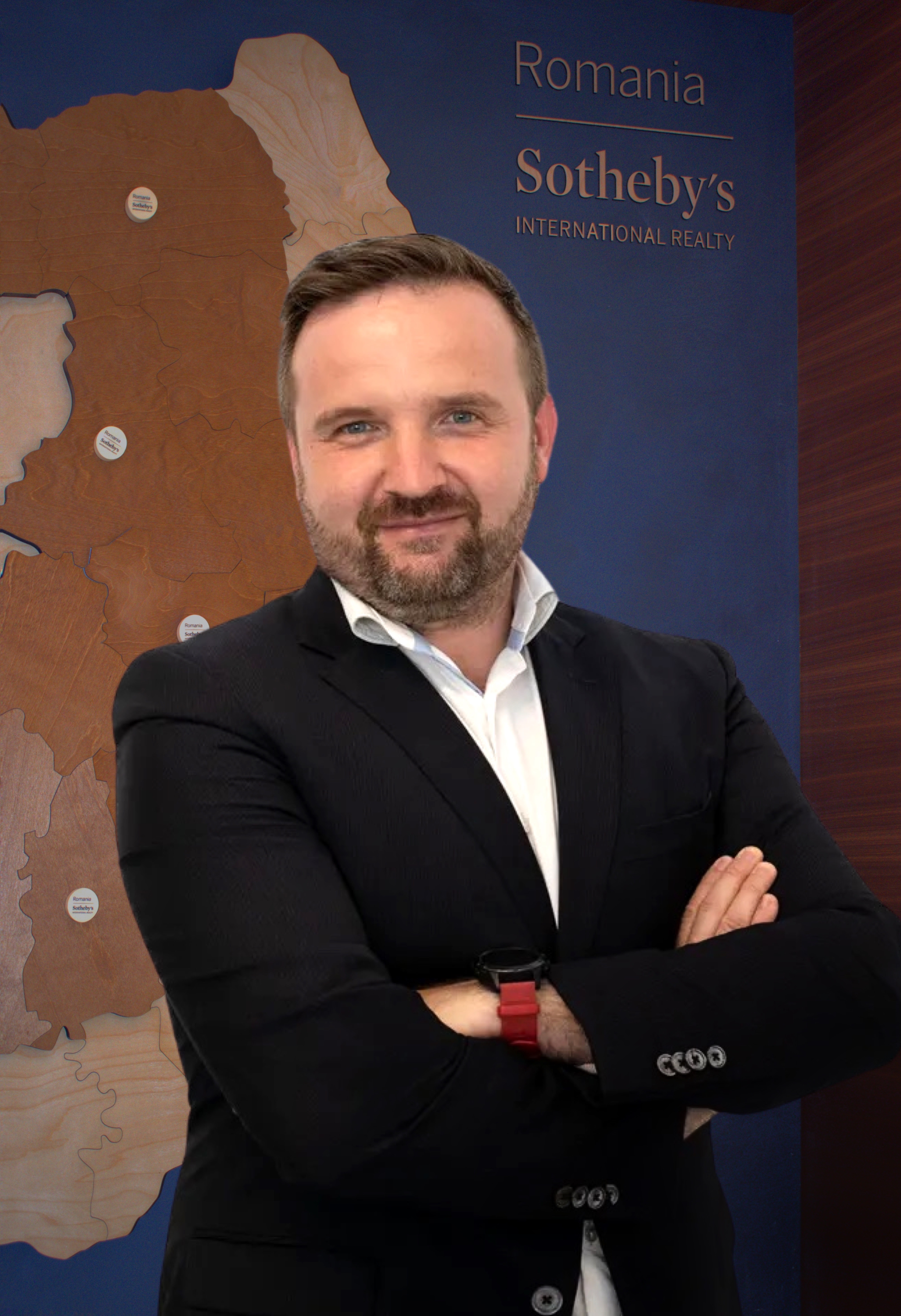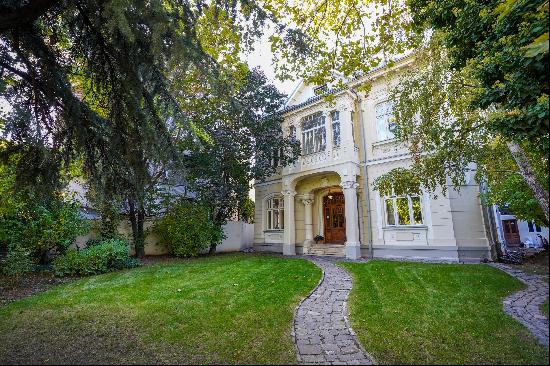出售, EUR 1,500,000
Bălești, Bălești, gj, , 羅馬尼亞
睡房 : 7
浴室 : 2
浴室(企缸) : 0
MLS#: S29LRE
樓盤簡介
Surrounded by abundant vegetation, the tower lifts its tiled roof to survey the distance. Times are quiet now, but at the end of the 18th century when it was built, Pazvantoglu, the pasa from Vidin known to the residents as Pazvante Chioru, used to raid the area. The Phanariot lordships did not have the ability to ensure the protection of the territories far from the capital, that is why the Oltenian boyars built forts, fortified houses meant to protect their wealth in case of attack. It is interesting to note the uniqueness of this type of construction, which was no longer built after 1821 because the attacks stopped after Tudor Vladimirescu's revolution, therefore their construction no longer made sense. The rarity makes the appearance of such a house on the real estate market an event, an opportunity. The word cula comes from the Turkish, where kule means tower, and names this type of one-story house that can be found here in the south of the country, but also south of the Danube, in Bulgaria, Albania, Greece, Serbia, Bosnia and Herzegovina, Macedonia from North, Montenegro, Kosovo Region. The house of the Voiculescu family follows the classical architectural line, having compact, solid volumes, well placed on the ground, located in an isolated place, surrounded by countryside and peace, with good visibility over the area. With thick walls, internal stairs between floors, reinforced doors, hiding places, narrow windows and hatches, today the cule are private homes or appreciated and loved tourist units. The Brancoveneanu-inspired loggia is a wonderful place to avoid too hot summers, and the wine cellar has potential for winter shelter in front of a fireplace and mulled wine. Cula became the property of the current family in 1915, having been bought by Ion .V Voiculescu, landlord, son of the teacher Vasile Voiculescu and grandson of the peasant-deputy Ioan Voicu(lescu), who represented Gorj alongside the famous Gheorghe Magheru and Christian Tell (the historical moments were immortalized in Bucharest by the photographer Carol Popp de Szathmary - see photo). Although coming from a not very rich family, Ion V. Voiculescu still had some land that attracted the attention of the rebels during the 1907 peasant rebellion and later allowed himself to buy 250 ha from Dimitrie I. Mongescu. Cula is located on these newly acquired lands. The Mongescu family had close ties with Tudor Vladimirescu and the revolutionary movement led by him, one great-grandfather, Vasile Moanga (Mongescu), being a good friend of Tudor Vladimirescu and the treasurer of his revolutionary 1821 movement. History says that before reading the declaration in Pades, Tudor Vladimirescu and his people spent the night in the cula of Copaceni (the current Voiculescu cula in Cornesti), which at that time supposedly belonged to Barbu Viisoreanu, an influential administrator in the county and deputy of Gorj during the Organic Regulation. More recent history shows that Ion Voiculescu donated the house and the 10.5 ha that surrounded it to his son, Vasile Voiculescu, who later, in 1949, was forcibly removed from the house by communists in the middle of the night; his wealth was expropriated, the former nobleman receiving mandatory residence in a room in Targu Jiu and being forced to work as a porter in the city station, unloading freight wagons. The state neglected the cula; between 1947-1997 it was transformed into an I.A.S., with day laborers staying on the ground floor, chickens raised in the hallways and sheep sheltered in the attic in winter. The descendants of the boyar expropriated by the communists today own the building together with the 10.5 ha of land.
更多
位於羅馬尼亞的“Cula Voiculescu, Rare Fortified House from the 18th Century”是一處7,556ft²羅馬尼亞出售N/A,EUR 1,500,000。這個高端的羅馬尼亞N/A共包括7間臥室和2間浴室。你也可以尋找更多羅馬尼亞的豪宅、或是搜索羅馬尼亞的出售豪宅。



















